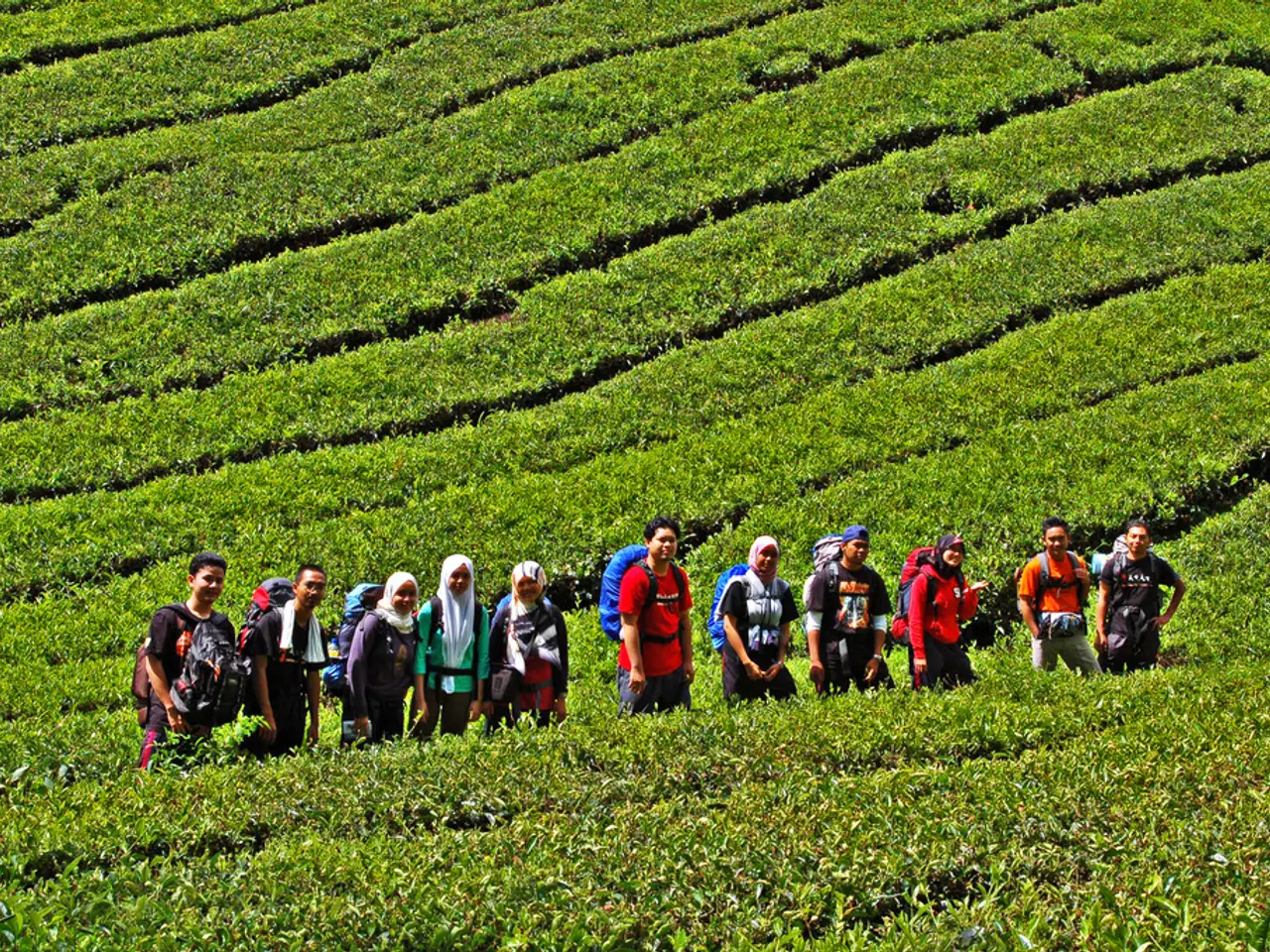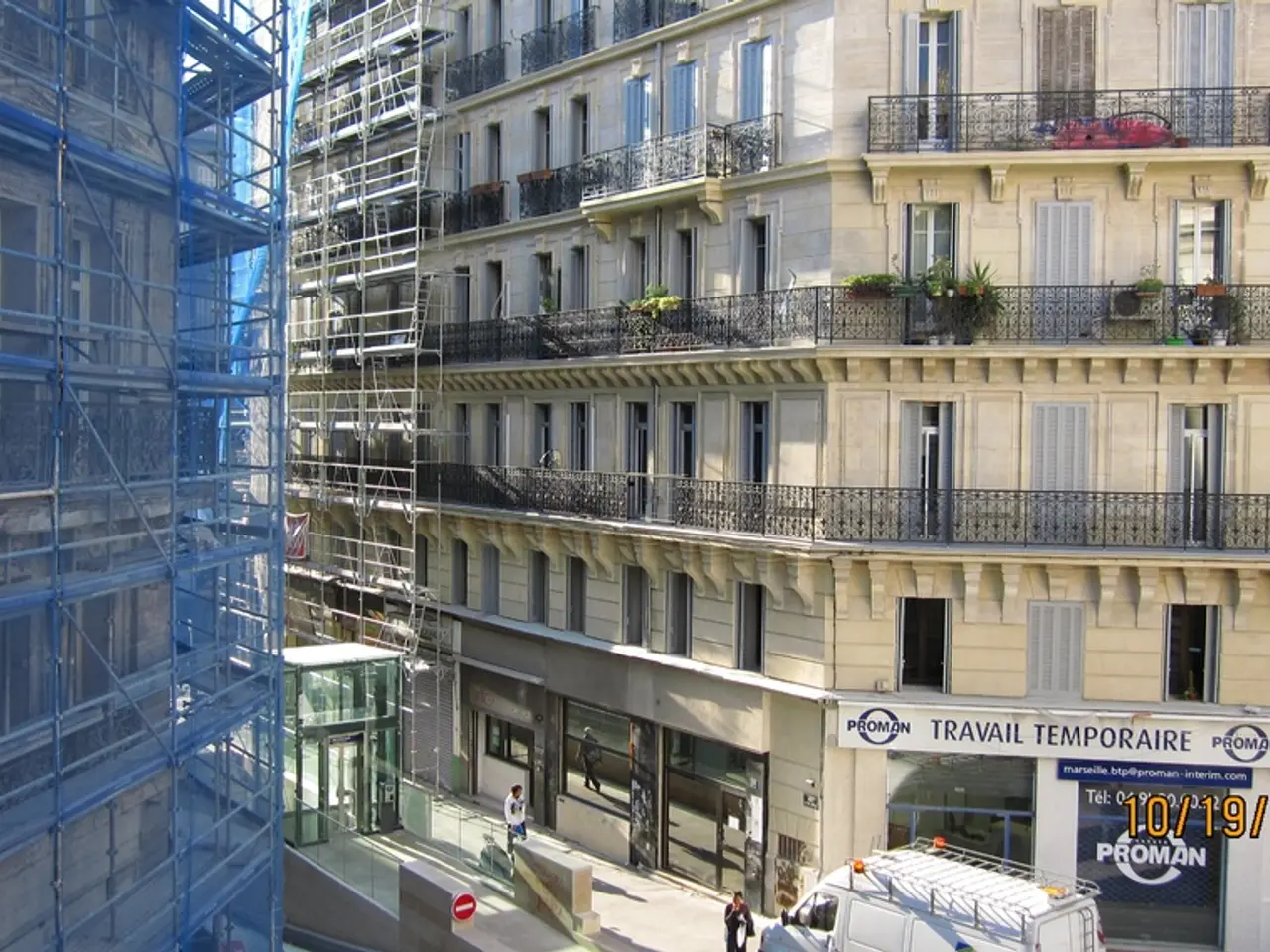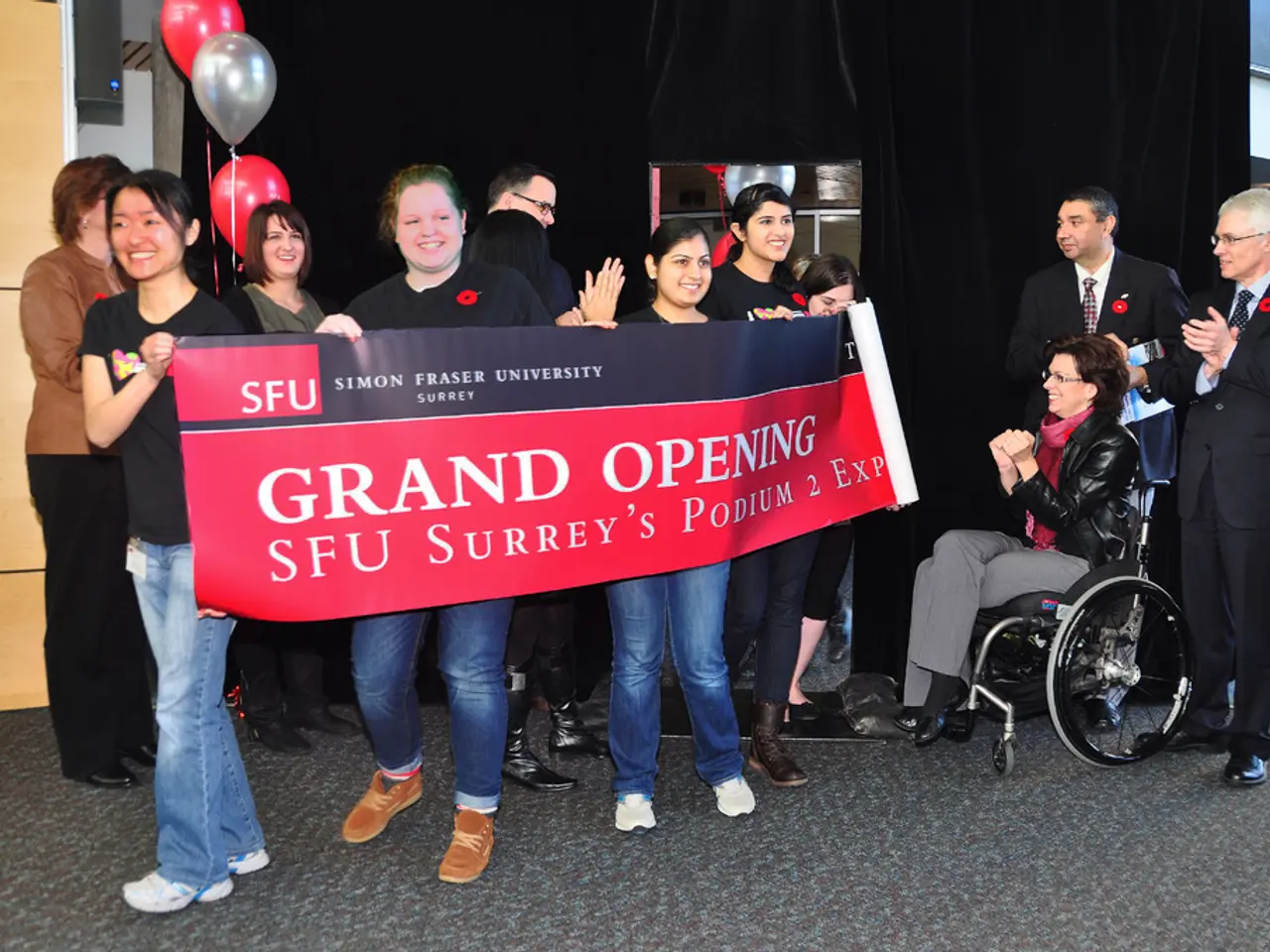Benin grants citizenship to U.S. singer Ciara, a descendant of enslaved individuals, alongside the first family members in such status.
Benin's Historic Citizenship Law: A Symbolic Act of Reconciliation
Benin has taken a significant step towards healing historical wounds with its new citizenship law, aimed at recognising the country's central role in the trans-Atlantic slave trade. The law, enacted on September 2, 2024 (Law No. 2024-31), offers citizenship to descendants of enslaved people, fostering a sense of justice, belonging, and hope for the African diaspora.
According to Justice Minister Yvon Detchenou, the law is an act of justice, belonging, and hope, aimed at healing a historical wound. Sinde Chekete, head of Benin's state-run tourism agency, believes these sites offer Afro-descendants the opportunity to learn about and honour their ancestors' struggles and resilience.
Notable memorial sites in Ouidah, a former active slave-trading port, include the Slave Route and the Door of No Return. The Slave Route marks the final journey of enslaved people to ships, while the Door of No Return is a haunting doorway that opens to the Atlantic Ocean, symbolising the last point of departure for enslaved people.
The majority of memorial sites are located in Ouidah. European merchants deported an estimated 1.5 million enslaved people from the Bight of Benin (which includes present-day Benin, Togo, and parts of Nigeria) to the Americas. Beninese kings actively participated in capturing and selling enslaved people to Portuguese, French, and British merchants.
Under the new law, descendants can apply for citizenship if they are over 18, hold no other African citizenship, and can provide ancestral evidence through DNA tests, testimonies, or family records. To facilitate applications, Benin launched a dedicated digital portal called My Afro Origins in July 2025, which streamlines the process with an application fee of $100.
This initiative also aims to attract the global Black diaspora by encouraging cultural and memorial tourism. Notable figures like Grammy-winning singer Ciara have been granted citizenship and visited significant historic sites, such as the Slave Route and the Door of No Return in Ouidah, highlighting the emotional and heritage connection this law fosters.
Ciara, known for her chart-topping hits, dynamic choreography, and work in fashion and philanthropy, expressed feelings of emotion, reflection, and heritage during her tour. The government’s promotion of such tourism aims to strengthen ties with communities whose ancestors were displaced, offering both acknowledgment and economic development opportunities.
Benin is not the first country to grant citizenship to descendants of enslaved people, but its citizenship law carries added significance due to the country's historical role in the transatlantic slave trade. The government’s use of "memorial tourism" as a key approach to attract Afro-descendants marks an important effort to reconnect with the descendants of enslaved Africans worldwide.
References:
- Benin grants citizenship to descendants of slaves
- Benin offers citizenship to descendants of slaves
- Ciara becomes a citizen of Benin
- Benin's citizenship law attracts global Black diaspora
- The citizenship law in Benin, aimed at healing historical wounds, offers an opportunity for descendants of enslaved people to embrace a new lifestyle as Beninese citizens, fostering a sense of justice, belonging, and hope.
- In the realm of entertainment and philanthropy, Grammy-winning singer Ciara has been granted citizenship under this law, using her celebrity influence to draw attention to Benin's historic sites such as the Slave Route and the Door of No Return, promoting general-news interest in this significant act of reconciliation.
- Beyond the realm of politics, Benin's citizenship law and its emphasis on memorial tourism not only symbolises the country's role in the trans-Atlantic slave trade but also serves as a powerful tool to bridge gaps between the global Black diaspora and the nation's modern lifestyle, offering opportunities for acknowledgment, reconnection, and economic development.







